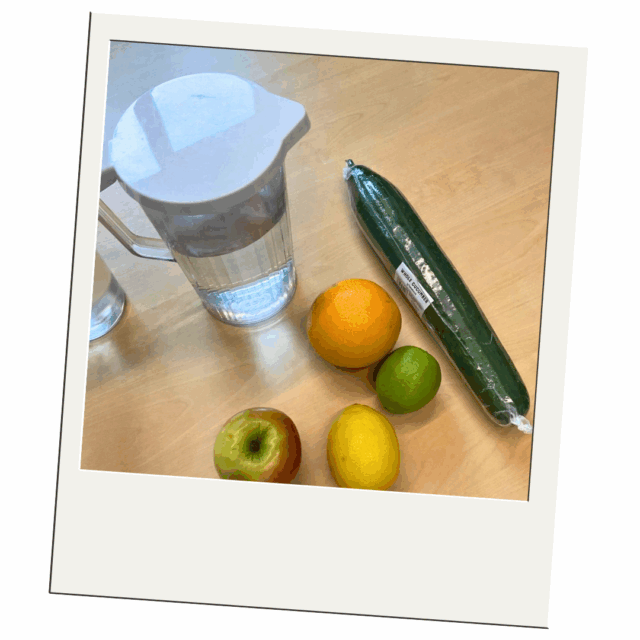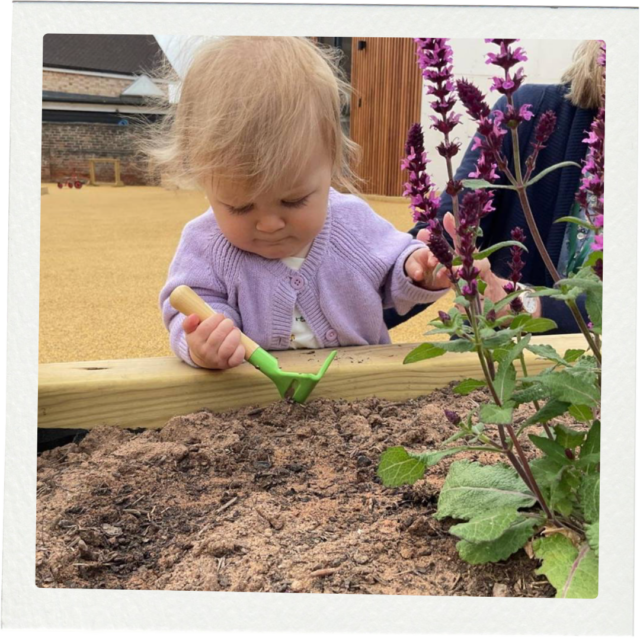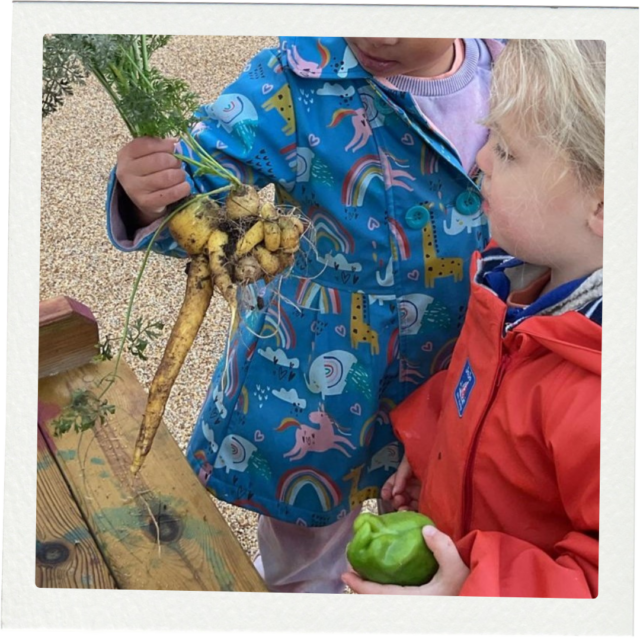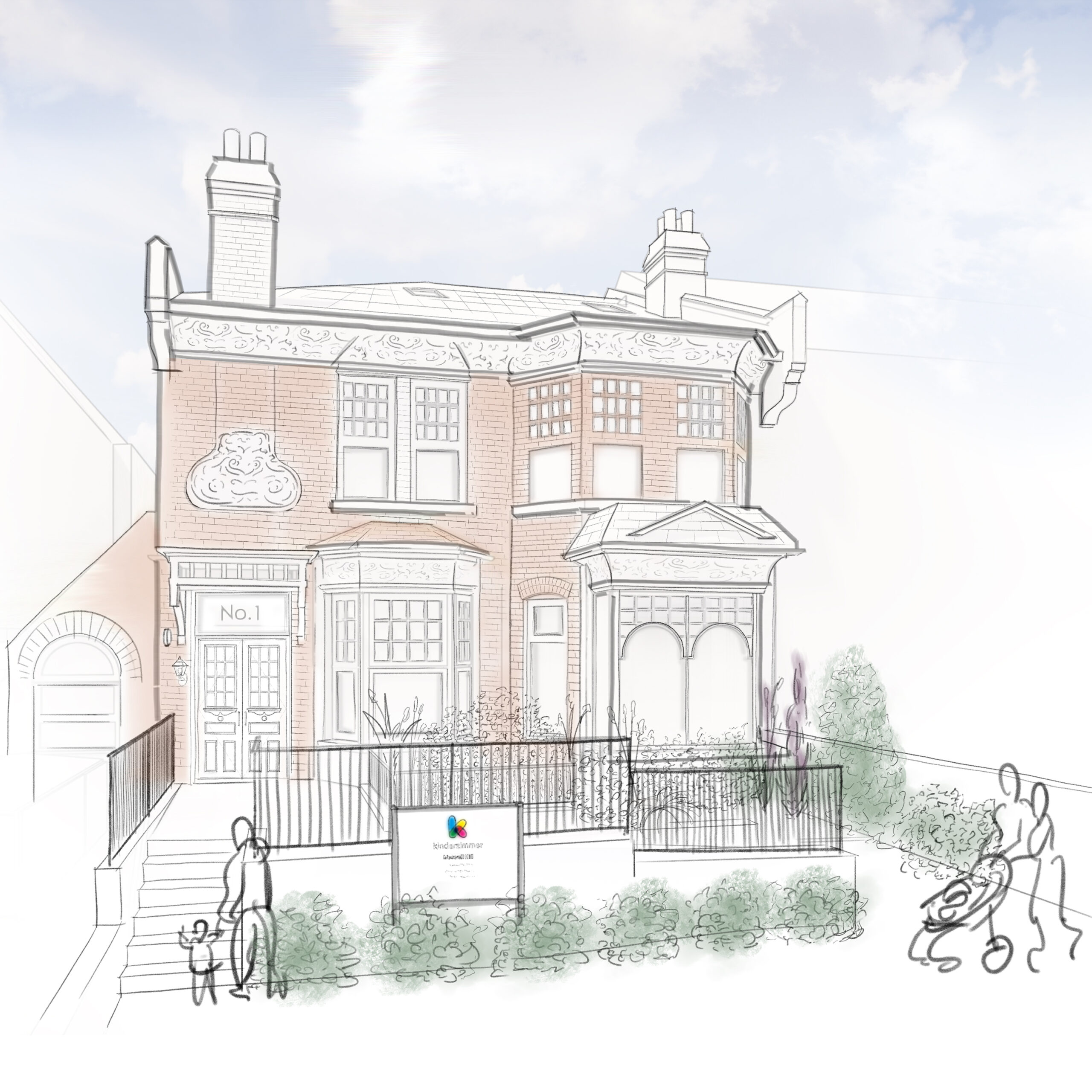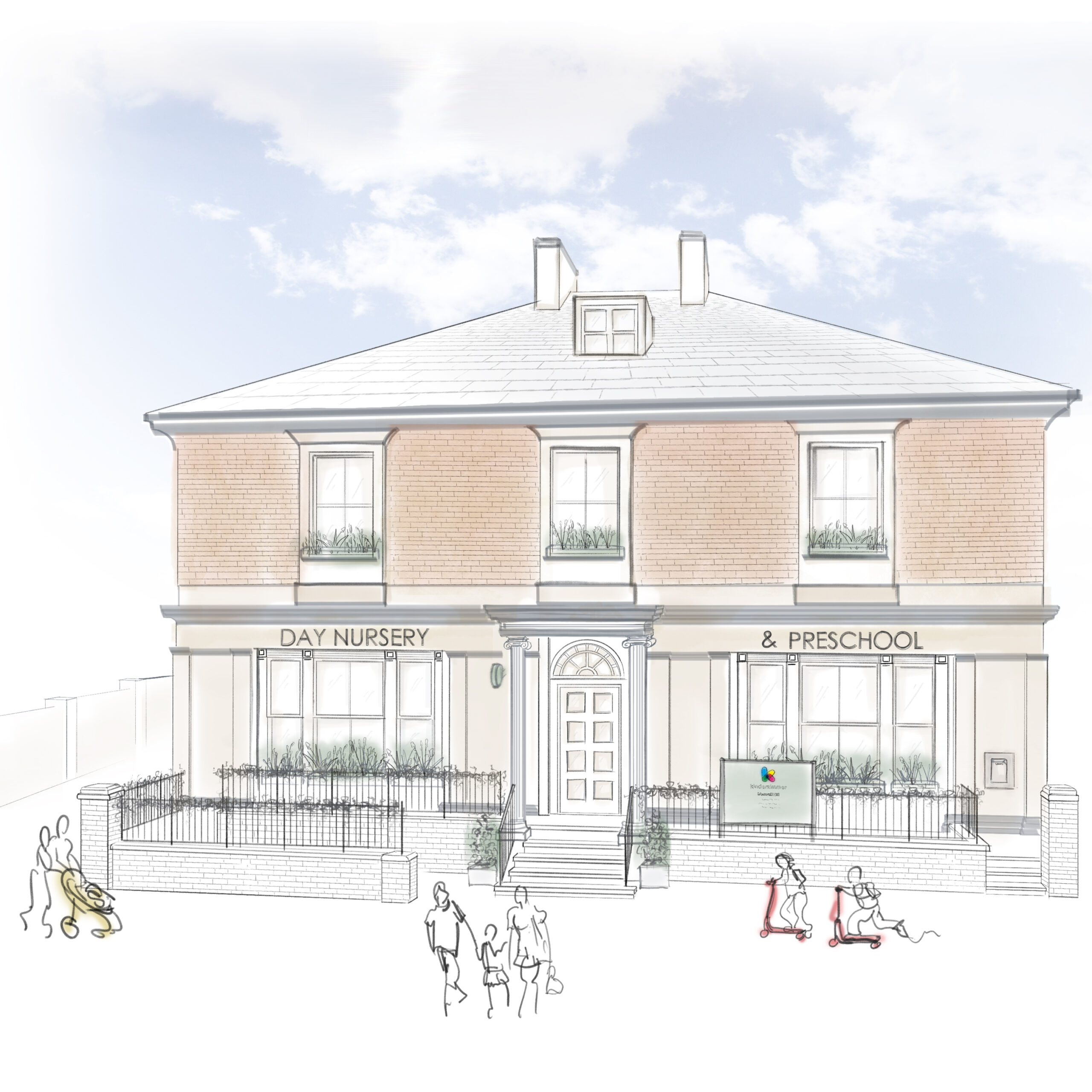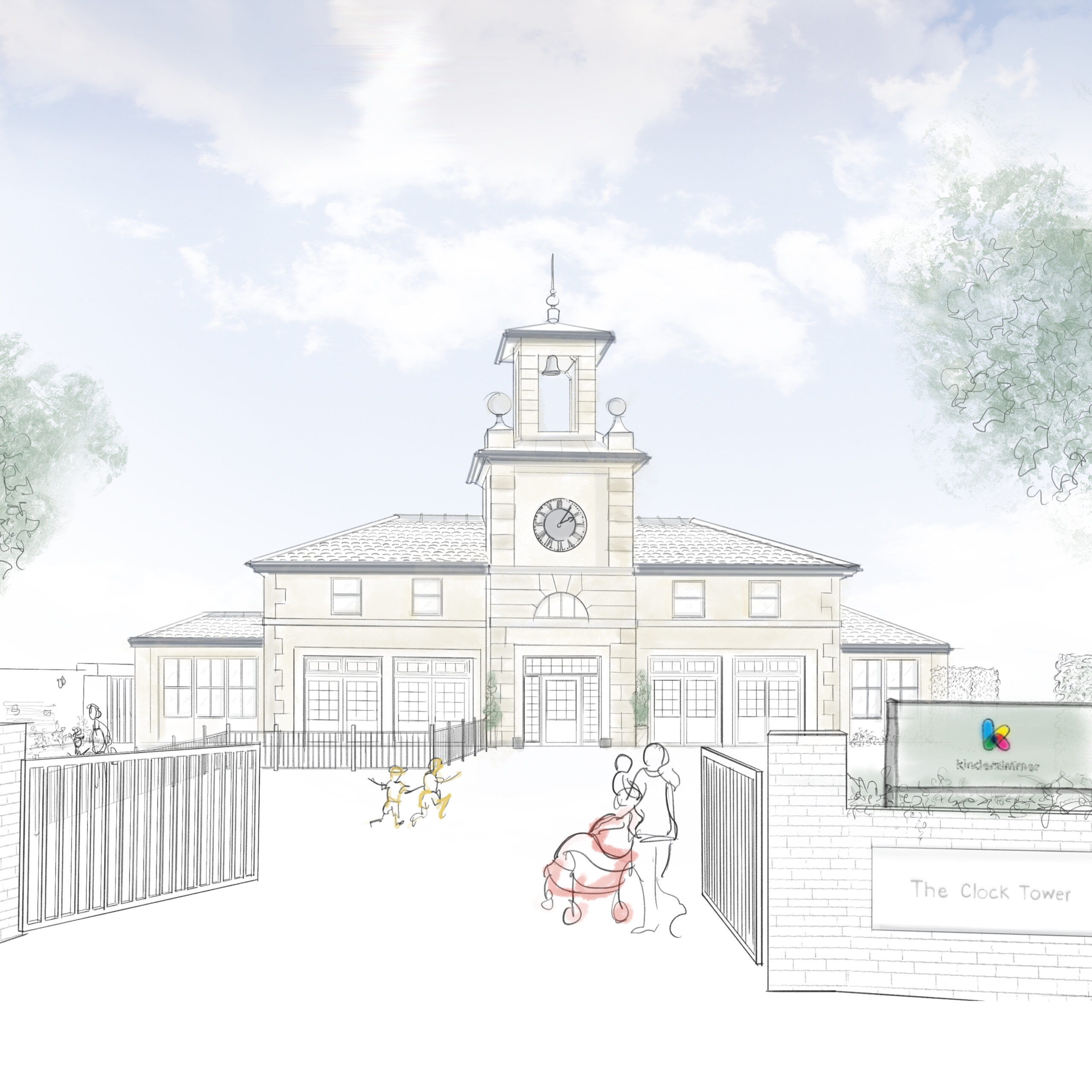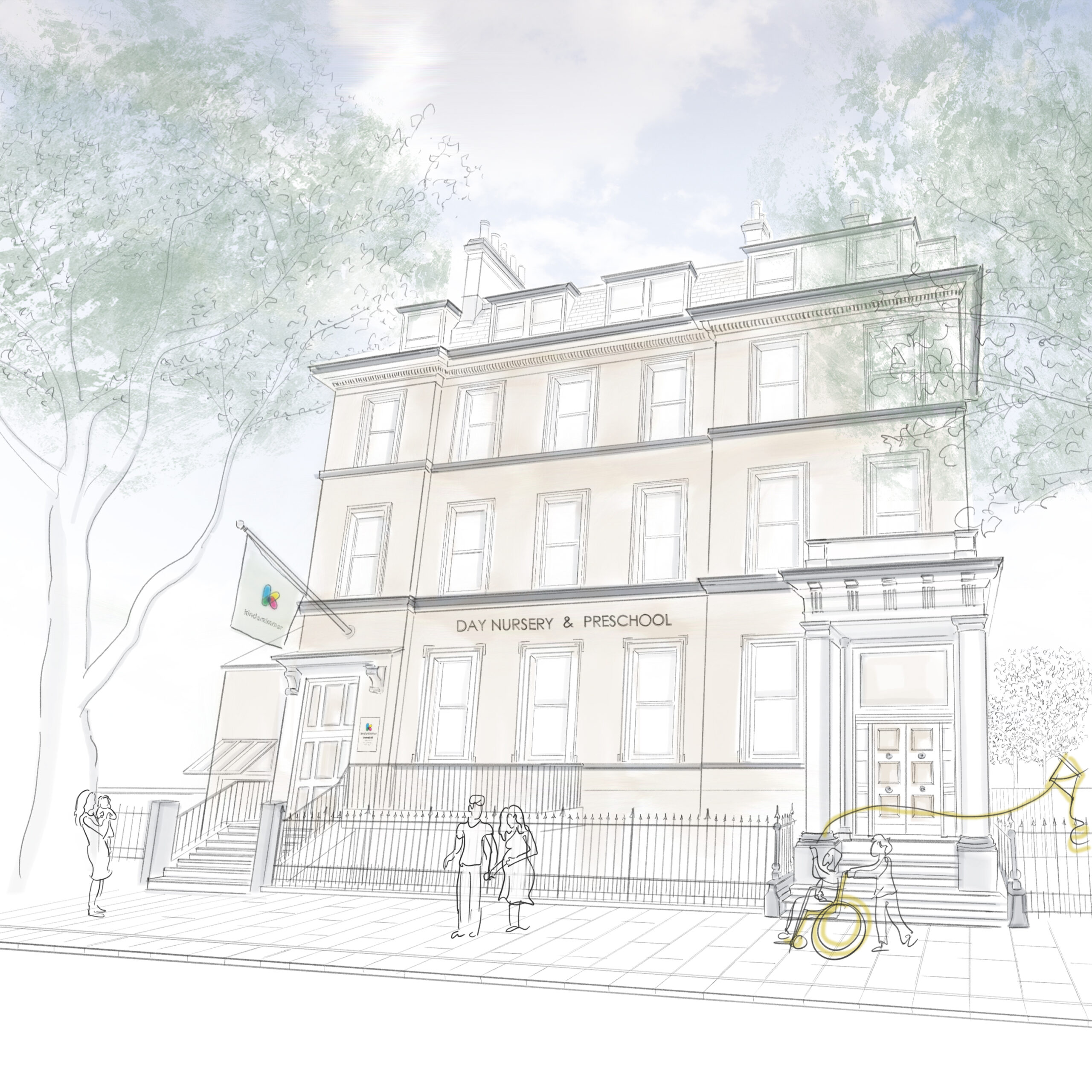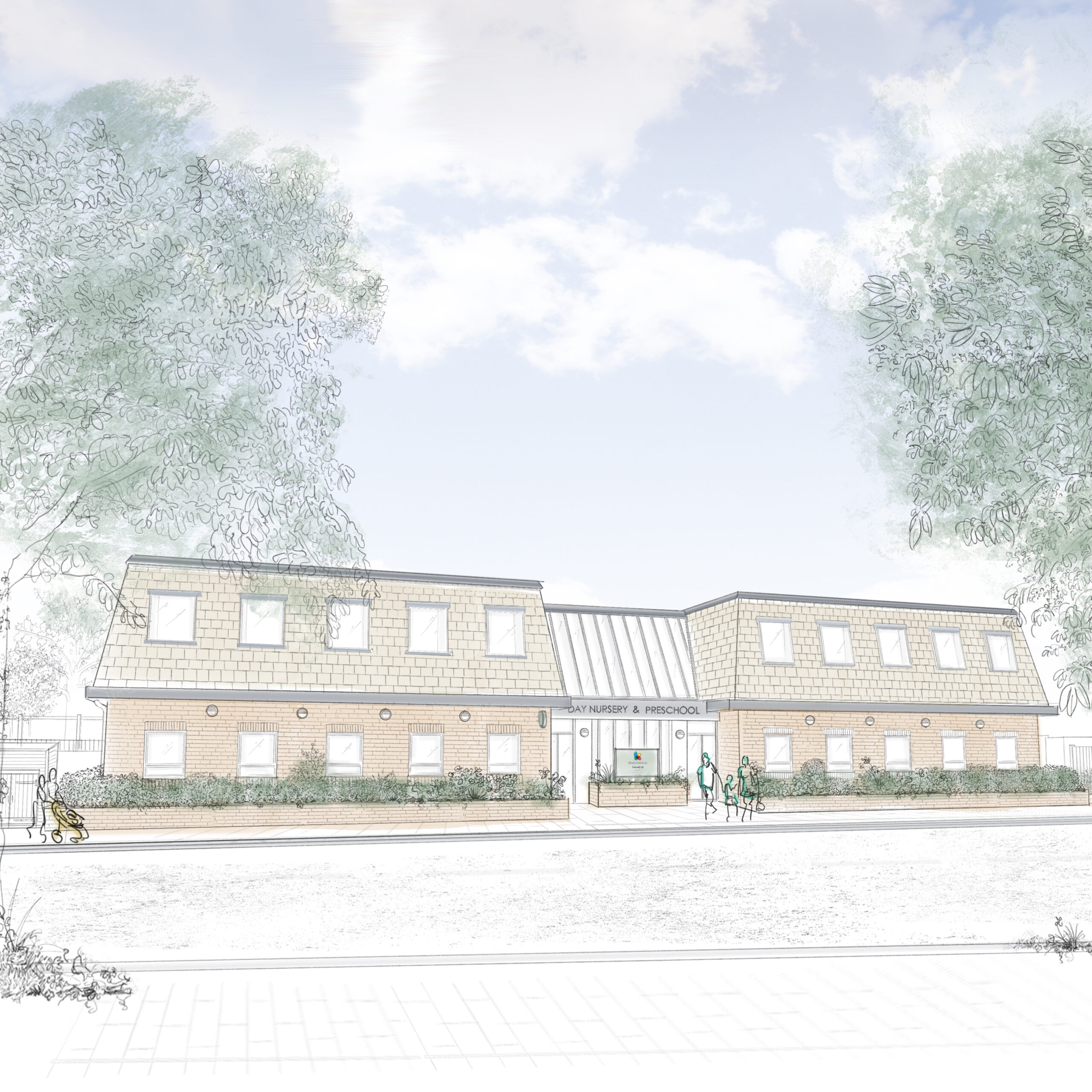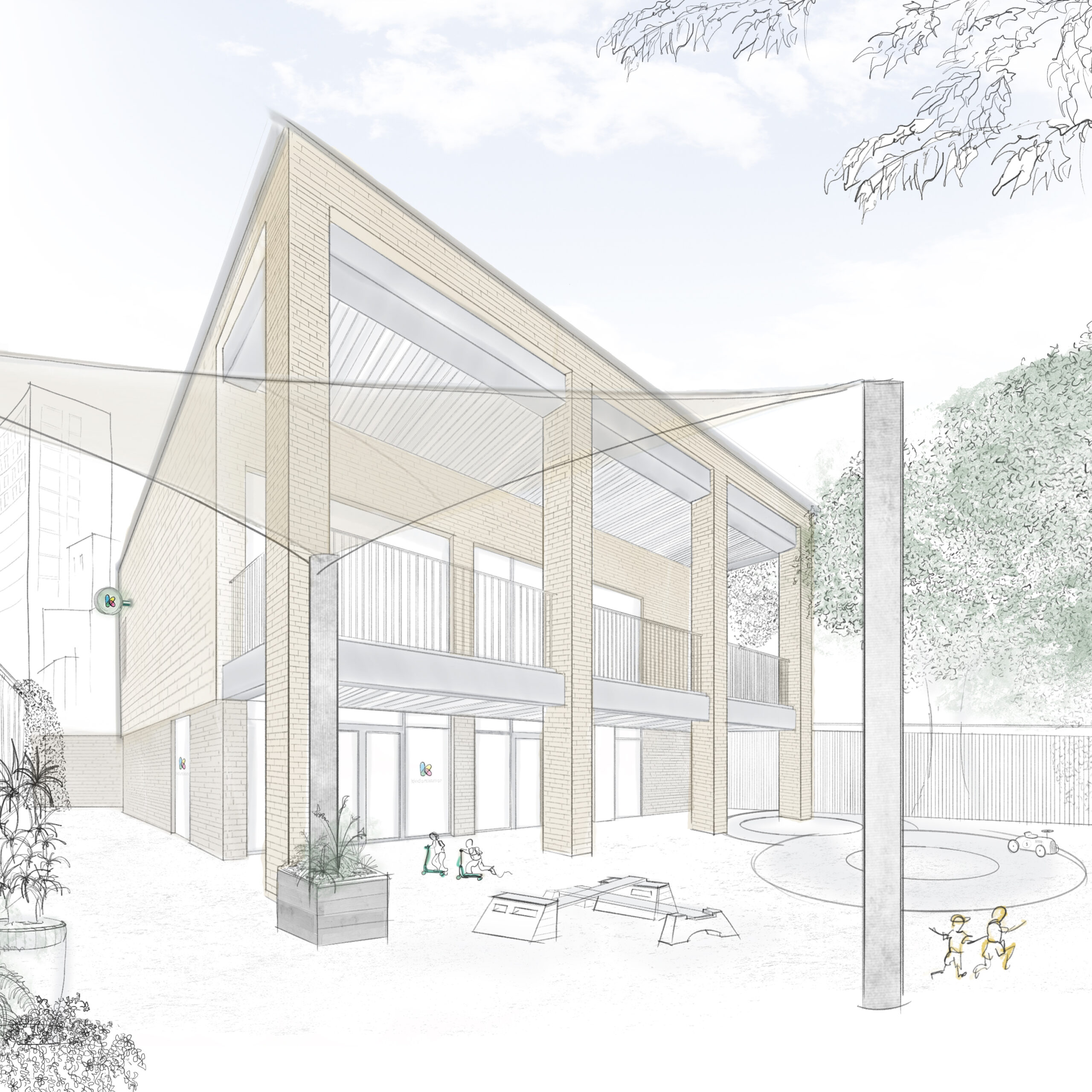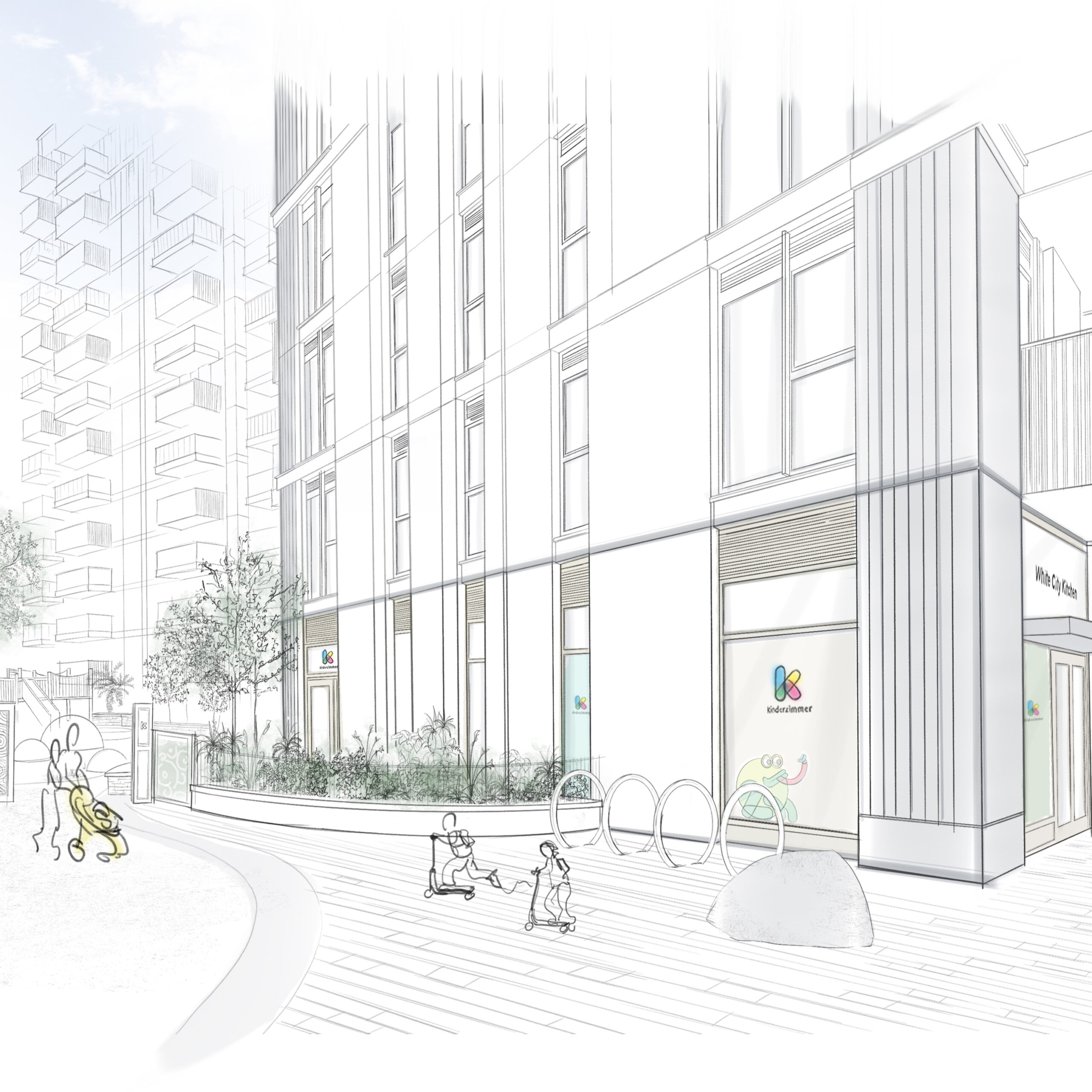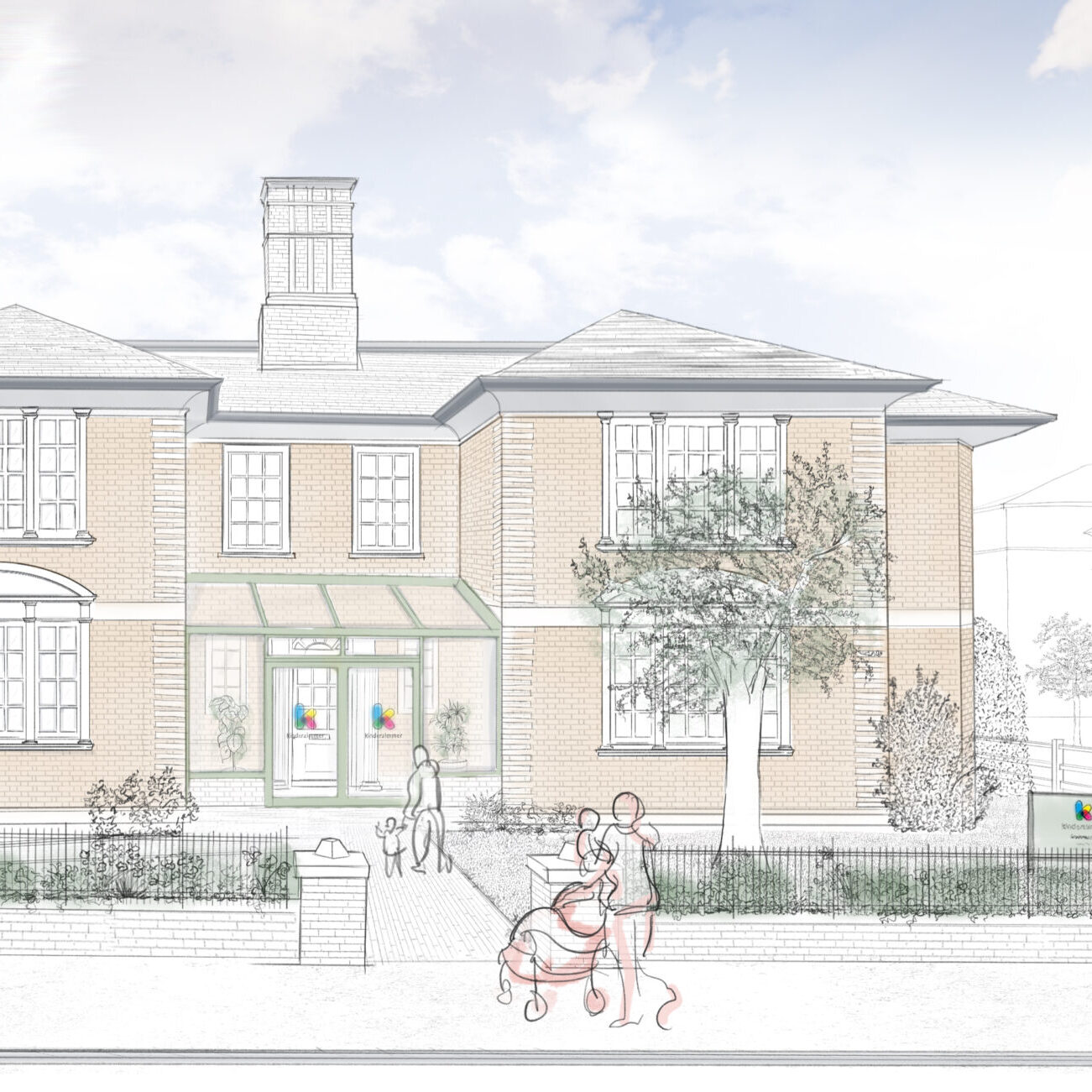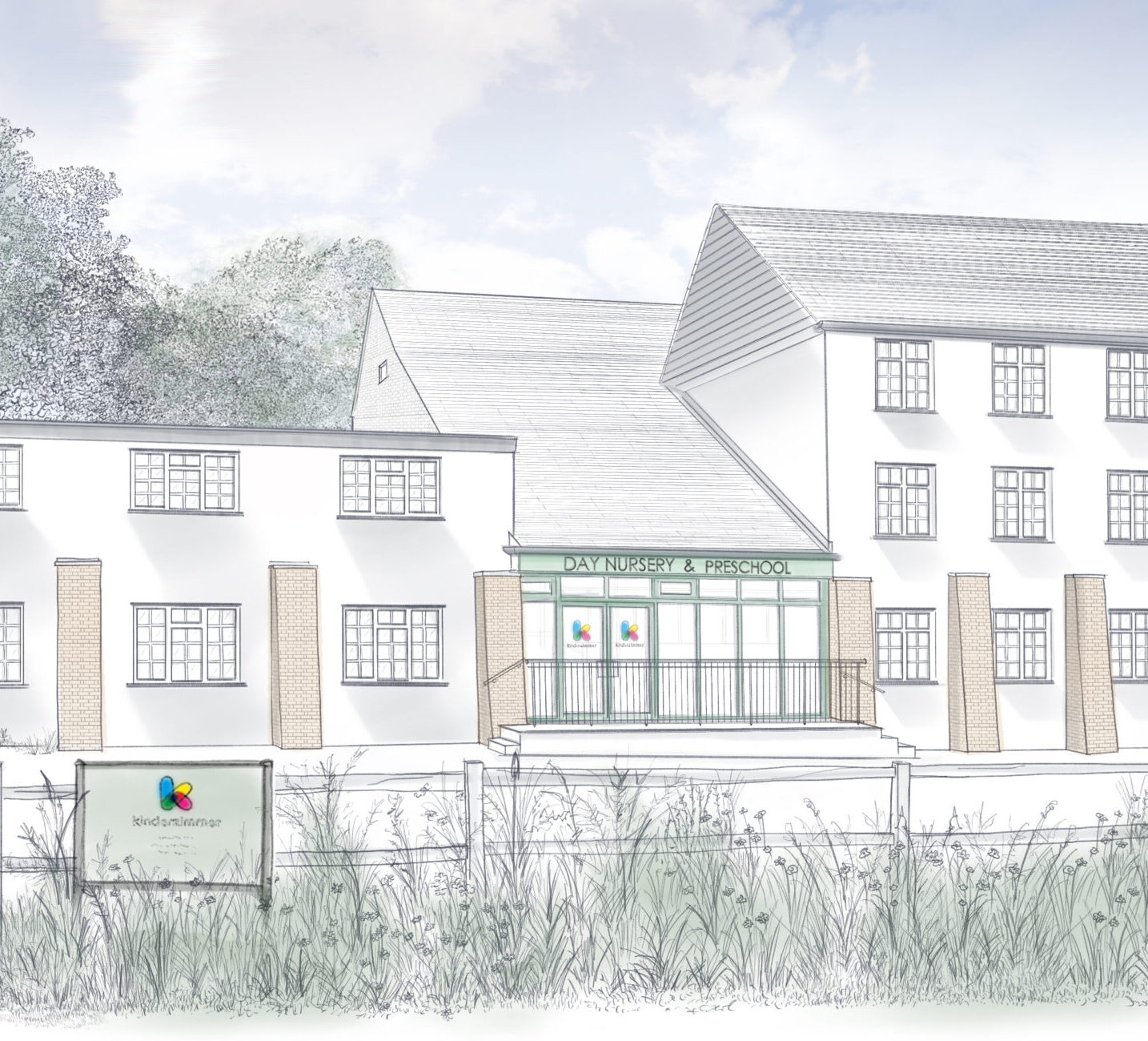Hydration for Children: How Much Water Do They Really Need?
21/07/25 Knowledge Base Parenting Welcome to kinderzimmerHydration for Children: How Much Water Do They Really Need?
As parents, we all know how important it is for our children to stay hydrated, but understanding exactly how much water they really need can sometimes be confusing. At kinderzimmer, we understand that proper hydration is essential for growth, energy, and overall well-being, especially during the early years. Water is the foundation of good health, and the right balance of fluids supports cognitive development, physical activity, and emotional regulation.
In this blog, we’ll explore how much water children need, the factors that influence their hydration needs, and how you can ensure your child stays hydrated throughout the day, all while adhering to holistic approaches like Montessori, Steiner, and Froebel that encourage healthy habits from a young age.
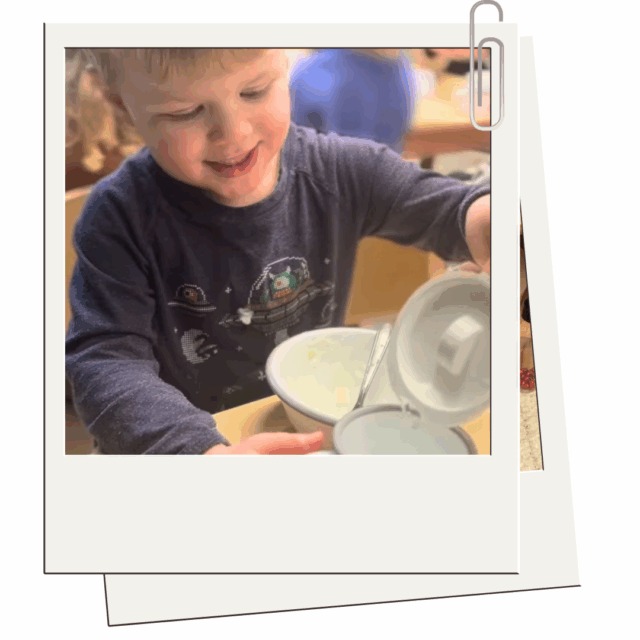
How Much Water Should Children Drink?
The amount of water children need can vary depending on their age, activity level, and the climate they live in. However, as a general guideline, the following recommendations can help you ensure your child is staying hydrated:
Infants (0-6 months): Breast milk or formula provides all the hydration they need. If you’re breastfeeding, water isn’t typically required until they start solids.
Toddlers (1-3 years): On average, toddlers should drink around 900ml of water per day, including fluids from milk and other drinks.
Preschoolers (4-5 years): Preschoolers need about 1100ml of water daily, again factoring in any fluids from milk, or other beverages.
School-age children (6-12 years): As children get older and more active, their water needs increase. Aim for about 1800ml per day, which can include water, milk, and other drinks.
It’s important to note that these are general recommendations. Individual hydration needs can vary, so it’s always a good idea to encourage your child to drink water regularly throughout the day.
Why Is Hydration So Important?
Proper hydration is essential for a child’s overall health and development. Water plays a role in nearly every bodily function, including digestion, circulation, and temperature regulation. For young children, staying hydrated also supports cognitive function, energy levels, and mood.
When children are adequately hydrated, they have the energy and focus to engage in learning and physical play, which are key components of the early years. At kinderzimmer, we prioritise creating an environment where children are encouraged to stay hydrated throughout the day, helping them stay engaged and active.
Factors That Influence Hydration Needs
Several factors can influence how much water your child needs, including:
Activity level: Children who are physically active or involved in sports will require more water to compensate for the fluids lost through sweating. Physical play, especially in warm weather, can significantly increase hydration needs.
Climate: On hotter days or in warmer climates, your child may need more water to stay hydrated. Sweating and higher temperatures can cause the body to lose water more quickly.
Diet: If your child eats a lot of salty or sugary foods, they may need more water to balance out their hydration levels. Certain fruits and vegetables, such as watermelon, cucumbers, and oranges, also contain high water content and can help supplement hydration.
Health status: Illnesses such as fever, vomiting, or diarrhoea can increase a child’s need for fluids. Ensure they are drinking enough water to replenish what they’ve lost.
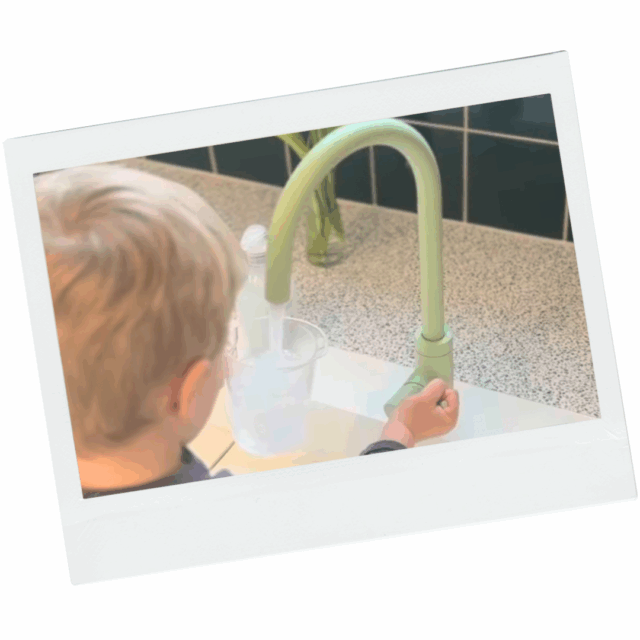
Encouraging Healthy Hydration Habits
Teaching your child healthy hydration habits from an early age is essential for their long-term health. Here are a few tips to encourage your child to drink enough water:
Make water accessible: Keep a water bottle or cup within easy reach of your child throughout the day. At kinderzimmer, we ensure that children have access to water during both indoor and outdoor activities, allowing them to drink whenever they’re thirsty.
Establish a routine: Incorporate regular water breaks into your child’s daily routine. For example, make it a habit for your child to drink a glass of water before each meal or snack. This creates a predictable pattern that encourages consistent hydration.
Add flavour: If your child isn’t keen on drinking plain water, try adding natural flavours like cucumber slices, mint, or a splash of fruit juice. This can make water more appealing while still keeping it healthy.
Be a role model: Children often mimic the behaviours they see in their parents, so make sure to model good hydration habits by drinking water regularly yourself. At kinderzimmer, we encourage educators to lead by example, promoting healthy habits for the children.
Use fun cups or bottles: A colourful water bottle or cup with your child’s favourite character can make drinking water feel more fun and exciting.
Recognising Signs of Dehydration
It’s important to recognise when your child may not be getting enough water. Common signs of dehydration in children include: dry mouth or lips, dark yellow urine or infrequent urination,
fatigue or irritability, dizziness or lightheadedness, and sunken eyes or fewer tears when crying.
If you notice any of these symptoms, encourage your child to drink water immediately and, if necessary, consult a healthcare professional. Dehydration can affect a child’s mood, energy, and ability to concentrate, so staying hydrated is essential for their overall well-being.
Keep It Simple, Keep It Hydrated
Hydration is essential for your child’s growth and well-being, and the right amount of water can have a positive impact on their energy, mood, and ability to learn. By understanding how much water your child needs, providing opportunities for them to drink throughout the day, and encouraging healthy hydration habits, you are setting the foundation for their overall health and success.
At kinderzimmer, we prioritise the physical and emotional well-being of children by creating an environment that supports hydration, learning, and healthy habits. By incorporating water into your child’s daily routine and promoting good hydration habits, you are helping them thrive in every aspect of their life.
